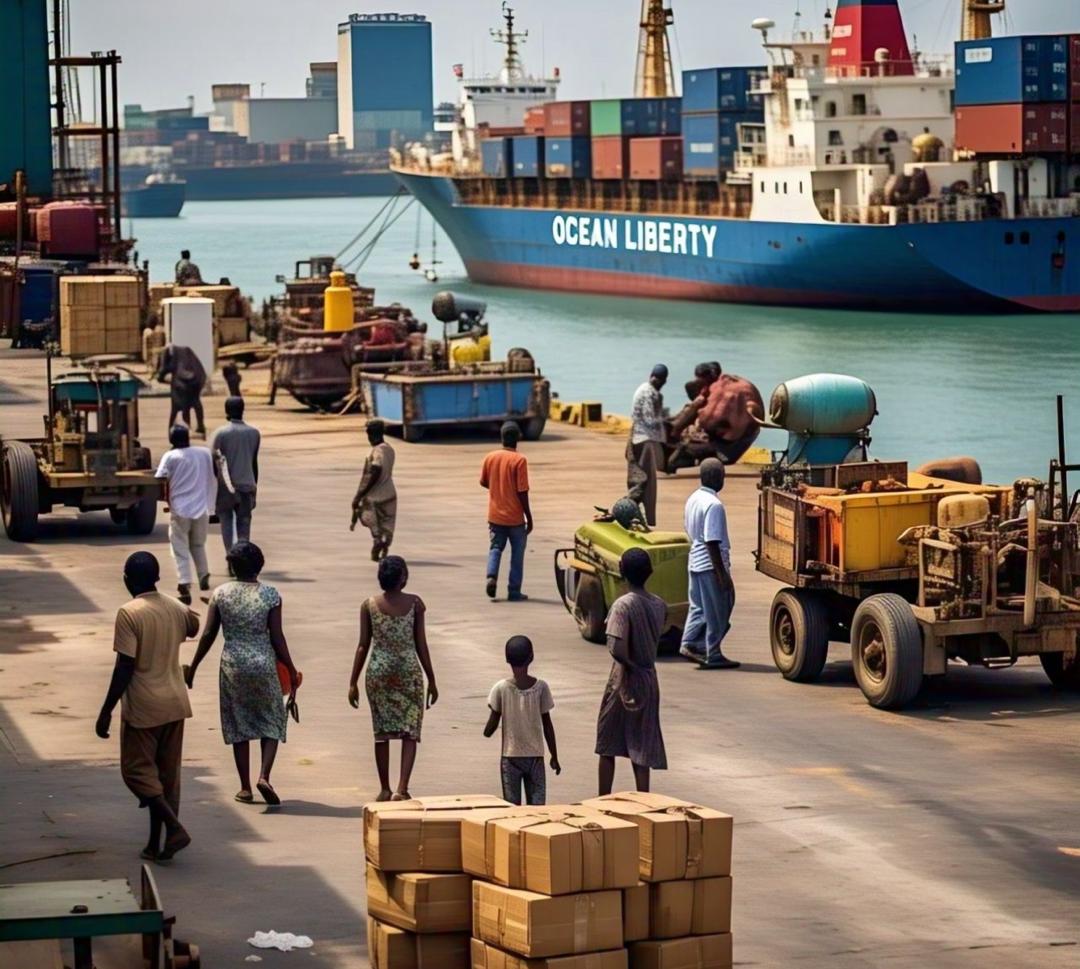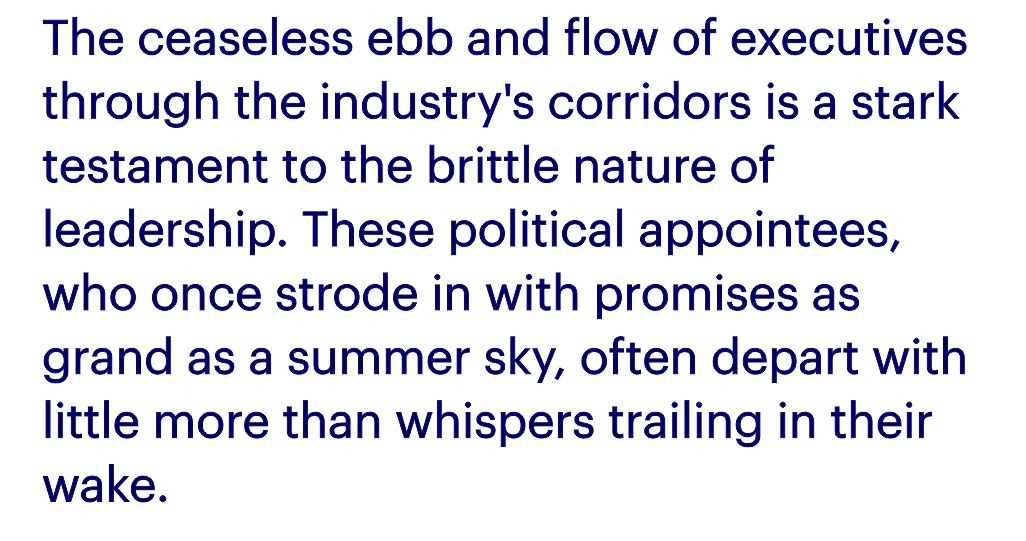Power is fleeting. Influence is perishable. And for many who once sat atop the commanding heights of Nigeria’s maritime agencies, these truths become painfully clear the moment they leave office. The Nigerian Ports Authority (NPA), Nigerian Maritime Administration and Safety Agency (NIMASA), Nigerian Shippers’ Council (NSC), the National Inland Waterways Authority (NIWA) and others are institutions charged with steering the country’s maritime industry toward global competitiveness, yet many of their former executives now languish in irrelevance. They are remembered not for their contributions but for their absence of impact.
The reasons for this decline into obscurity are not far-fetched. Too many of these officials, while in office, ignored their mandates in favour of frivolous pursuits. Instead of strengthening maritime and waterways security, improving port efficiency, and promoting indigenous shipping, they busied themselves with grandiose ceremonies, superficial public relations stunts, and self-serving alliances. Rather than championing the interests of stakeholders—operators, workers, and coastal communities—they chose to curry favour with political patrons and engage in distractions that bore no tangible results.
Now, stripped of the power that once insulated them, many of these former executives find themselves seeking the attention of the very people they ignored. They attend industry events hoping for recognition, but are instead met with indifference. The stakeholders whose interests they neglected no longer return their calls. The policies they failed to implement have left no mark. Their tenure, once seemingly powerful, is now regarded as a footnote in history.
The ceaseless ebb and flow of executives through the industry’s corridors is a stark testament to the brittle nature of leadership. These political appointees, who once strode in with promises as grand as a summer sky, often depart with little more than whispers trailing in their wake. Their tenures, marked by a reluctance to embrace the long game, a timidity in the face of necessary change, and a failure to truly breathe life into the agencies they were entrusted with, leave behind barely a ripple, let alone a void to be mourned. Successive executives, alas, succumbed to the allure of fleeting triumphs, choosing the ephemeral glow of immediate gratification over the arduous climb towards lasting, substantive progress.
These cautionary tales should serve as a wake-up call to those currently in office. Leadership is not an opportunity for personal aggrandizement; it is a privilege and a responsibility. To hold power today is no guarantee of relevance tomorrow. Maritime executives who wish to be remembered with respect must dedicate themselves to fulfilling their agencies’ core mandates—ensuring safer waters, developing indigenous shipping, modernizing port operations, and creating policies that outlive their tenure.
The maritime industry is too critical to Nigeria’s economic growth to be left in the hands of visionless leadership. If those currently in office fail to rise to the occasion, they too will be confined to the dustbin of history, forgotten as soon as they step down.
Power fades, but legacy endures. For those who lead today, the choice is clear: work hard and be remembered, or waste the opportunity and be cast aside like the many before you. A ship without direction will eventually sink, and so too will the careers of those who fail to steer the maritime industry toward progress.

